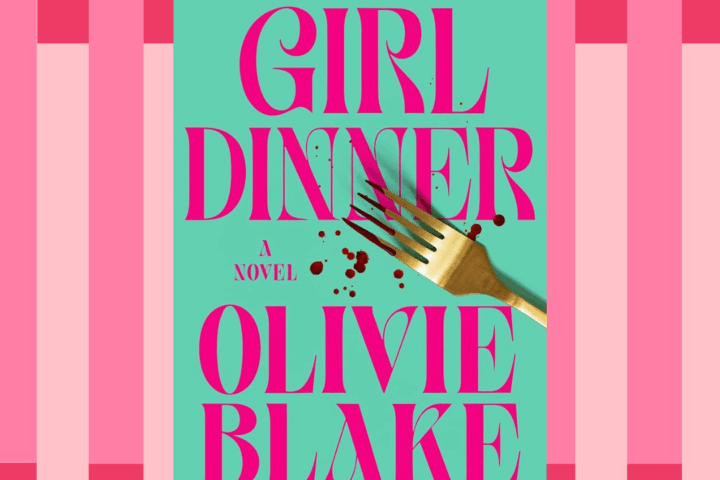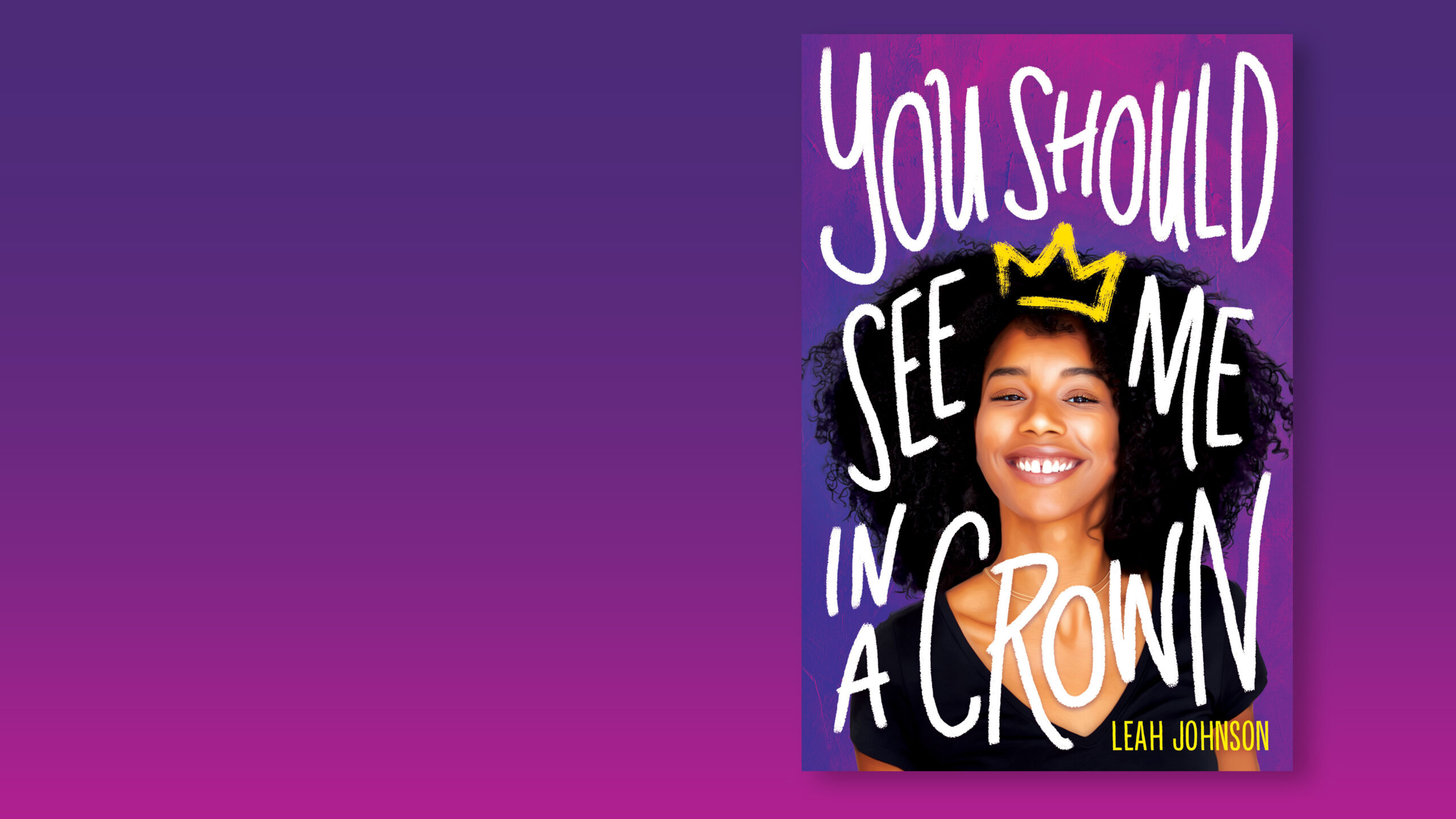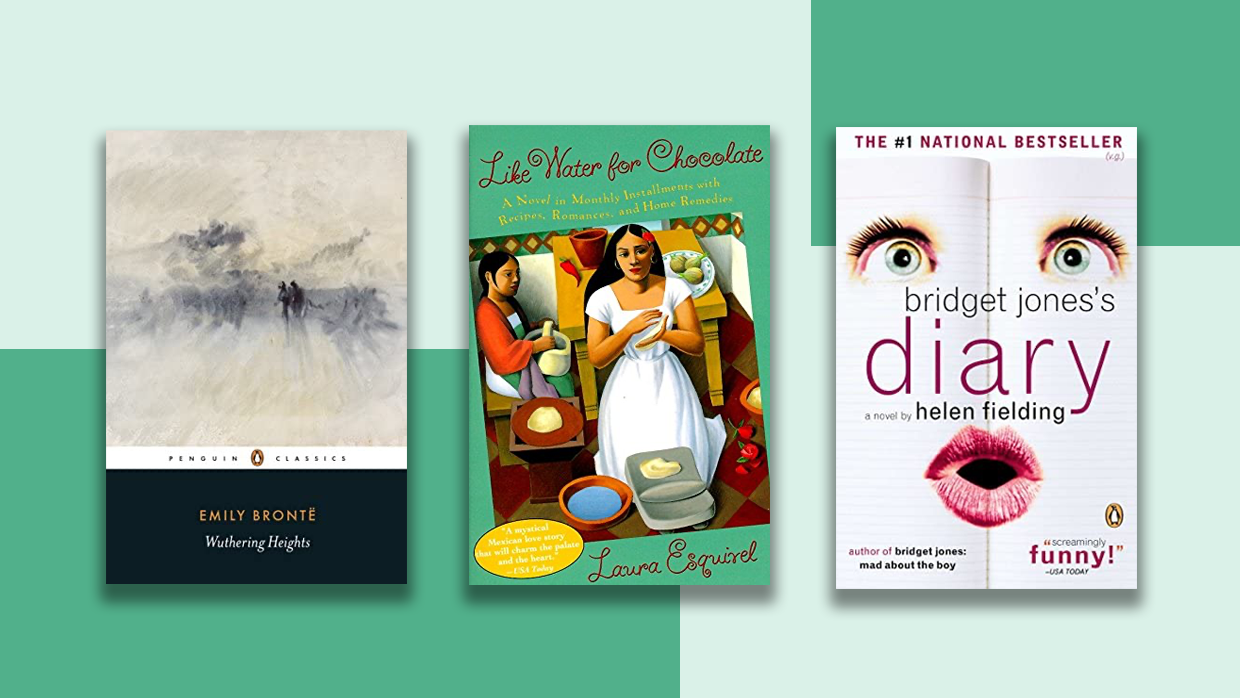Dear Reader,
In 2023, I did three things of note: I read the books Fleishman Is In Trouble by Taffy Brodesser-Akner and The Best Of Everything by Rona Jaffe back-to-back; I watched the Barbie movie as part of my own personal “Barbenheimer” on a flight from Los Angeles to New York City; and I, like much of the internet, scrolled through various iterations of the “girl dinner” meme. Somehow, unsolicited—the inconvenience of this cannot be understated; I was in the middle of a completely different book—these three experiences began to have a conversation together in my mind.
That meme is funny, I thought, because I completely agree, girl dinner is totally a thing, and now I want to eat it. But why, I wondered, were we so culturally obsessed with girlhood as if it were a universal touchstone of the feminine experience? Was it even possible to have a ubiquitous girlhood, or was the mere idea of The Girl—coinciding with the rise in the performance of “traditional” feminine roles (see also: “clean girl” makeup, coquette-core, tradwife content, an abrupt increase in puritanical conceptions of sex in media)—itself a regression from the necessary intersectionality of contemporary feminism? Was the aesthetic all in good fun, or was something more sinister at work?
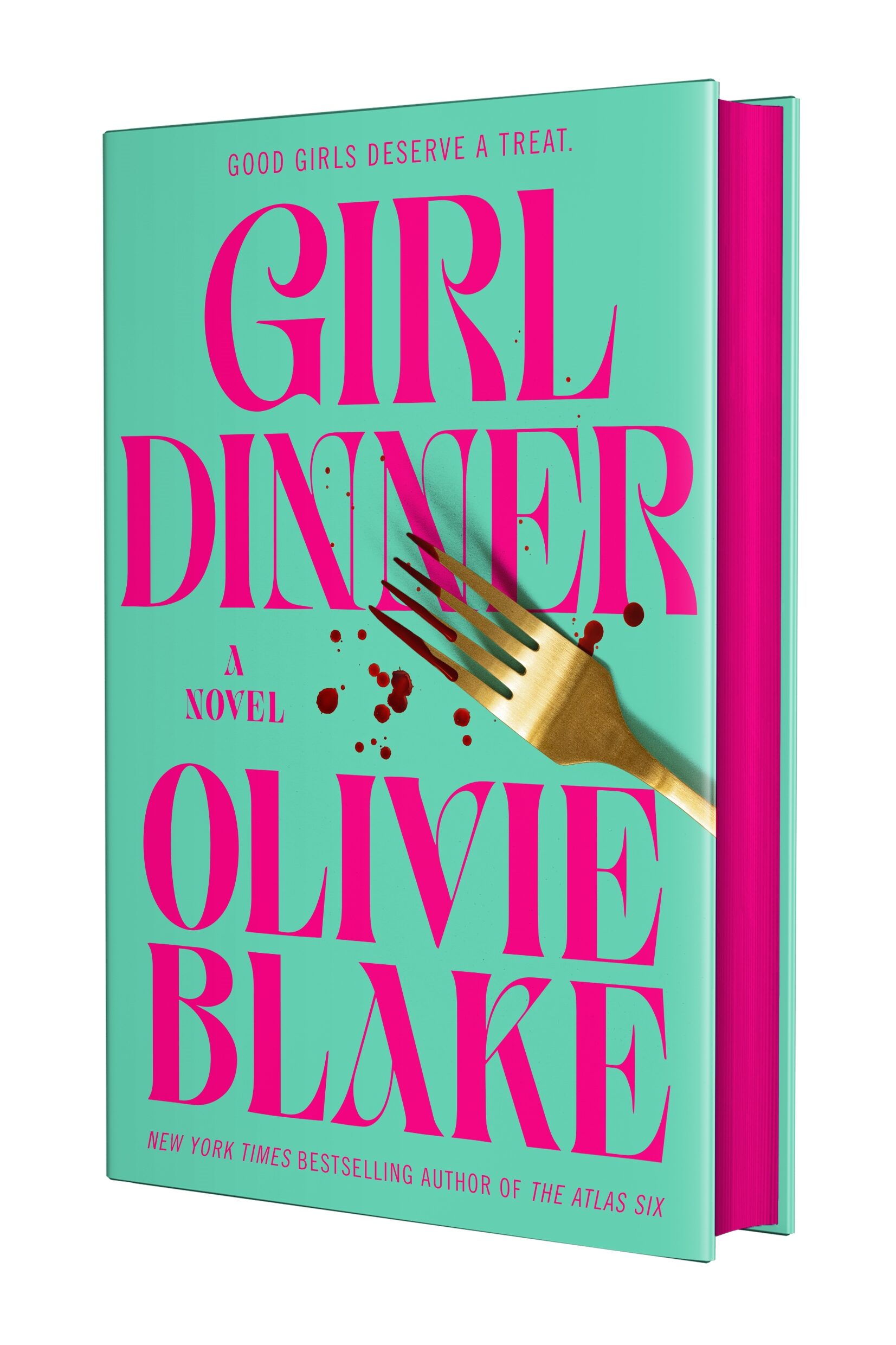
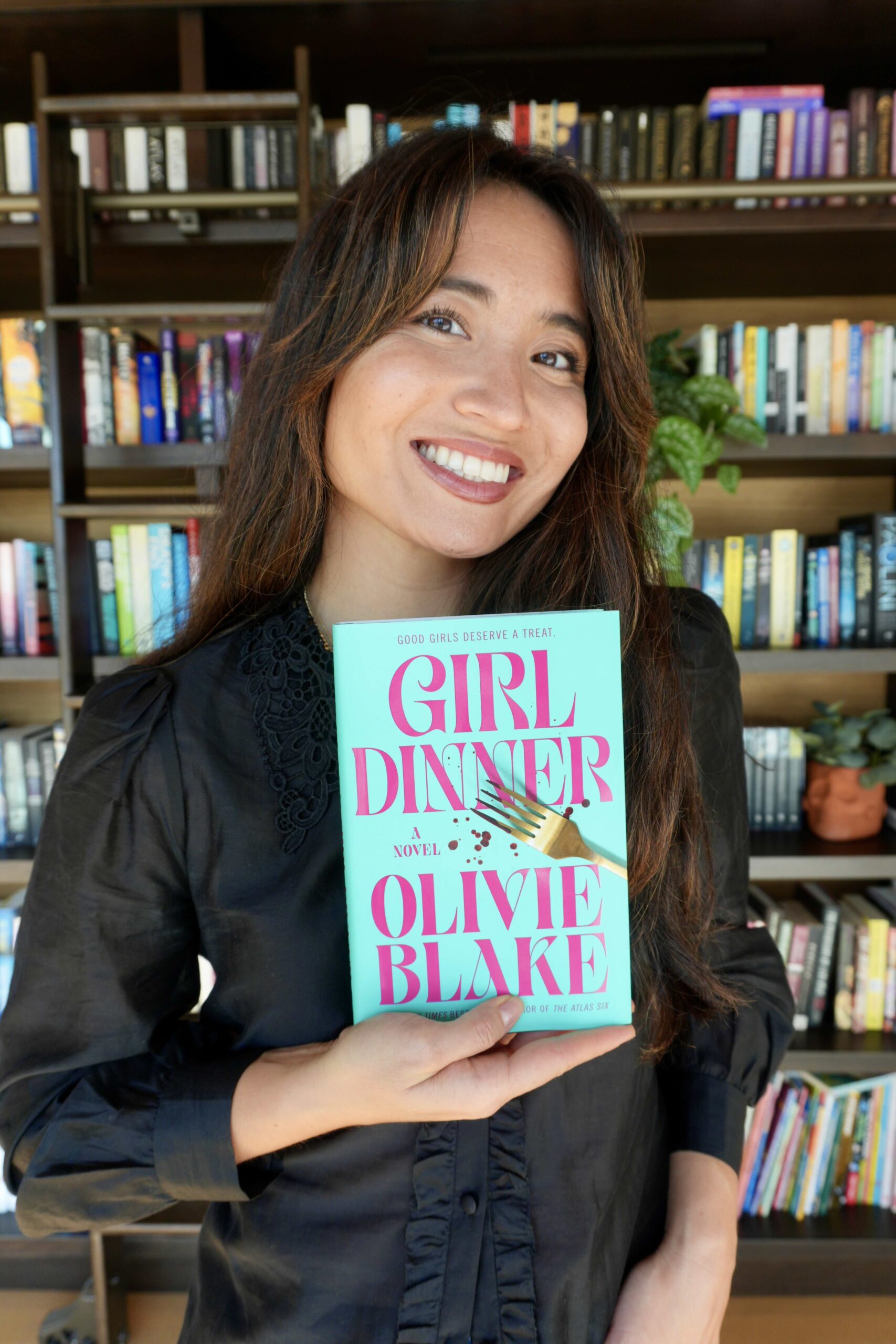
Despite collectively spanning over half a century, all the media I referenced share the general conclusion that it is not possible for women to have it all. And while we may collectively share a rage and a longing and an almost animal desire for love, for as long as we cannot have equal representation or the presumption of competency or the ability to occupy our bodies with safety and dignity in this world, the best we can come up with is, apparently, little treats.
All of this coalesced while I was a panelist at San Diego Comic-Con, at which point I turned to my Tor team and said something that would change all of our lives forever, probably:
What if I wrote a book about a cannibal sorority and called it
(dramatic pause)
I will warn you: the book you have before you is a work of satire. It is not meant to educate, nor does it present a thesis so much as suggest an exercise for thought. I don’t presume to have any answers—this conversation started long before I entered the room and will undoubtedly continue when the party’s over.
But this is my contribution to the menu. So shall we have a little dinner, you and I?
Bon appetit,
Olivie x
